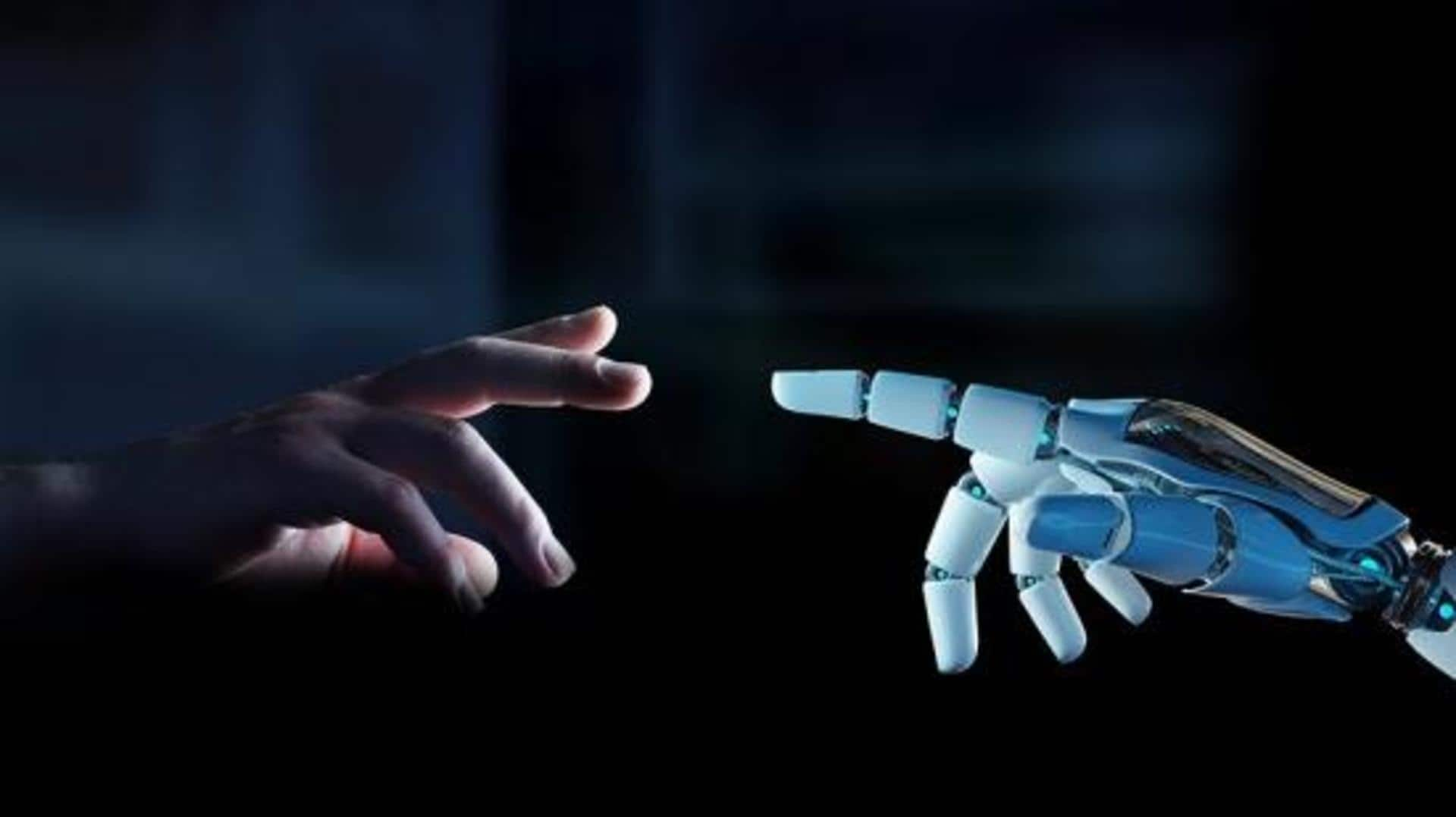
Nanobots can help humans achieve immortality by 2030: Ex-Google engineer
What's the story
Attaining immortality sounds like a far-fetched thing to some and perhaps impossible to others, but a former Google scientist believes the opposite. Ray Kurzweil predicts that humans can become immortals and that too in just seven years, by 2030. He believes that 'nanobots' could help achieve that, given the soaring advances in the fields of nanotechnology, genetics, and robotics.
Context
Why does this story matter?
Kurzweil, who calls himself a futurist, authored a book called 'The Singularity Is Near' in 2005, which talks about artificial intelligence and the future of humanity, touching on "human-machine co-evolution." The internet is seeing animated discussions after Kurzweil's predictions, which he listed in his book, have resurfaced after a two-part video shared by YouTube channel Adagio.
Nanobots
What are nanobots?
Nanobots are small robots, ranging about 50-100 nanometers wide. Their applications in research include biomedical imaging agents and drug delivery. Kurzweil suggests that nanobots can have an age-reversing effect, by repairing cells that get damaged as we age and can also help fight against lethal illnesses. Considering the advancements in nanotechnology, he claims that "we'll soon have nanobots running through our veins."
Predictions
Kurzweil has made several predictions before this
75-year-old Kurzweil has made several predictions before this. In fact, he has a proven track record. He earlier predicted that the world's best chess player would lose to a computer by 2000. It did come true. In 1997, Russian chess grandmaster, Gary Kasparov lost to Deep Blue, an IBM supercomputer. About 87% of the 147 predictions he has made have come true.
Official words
Kurzweil predicts AI will overtake humans by 2029
"2029 is the consistent date I have predicted for when an AI will pass a valid Turing test and therefore achieve human levels of intelligence," said Kurzweil to Futurism in 2017. "I have set the date 2045 for the 'Singularity' which is when we will multiply our effective intelligence a billion fold by merging with the intelligence we have created."
Singularity
Kurzweil is not the only one who has discussed 'Singularity'
In simple terms, 'Singularity' refers to a hypothetical point in the future when technological advances, particularly artificial intelligence, will lead to the rise of machines that are smarter than humans. And Kurzweil is not the only person who has spoken about Singularity. Masayoshi Son, CEO of SoftBank, a Japanese multinational company, has also predicted that super-intelligent machines will see a rise by 2047.